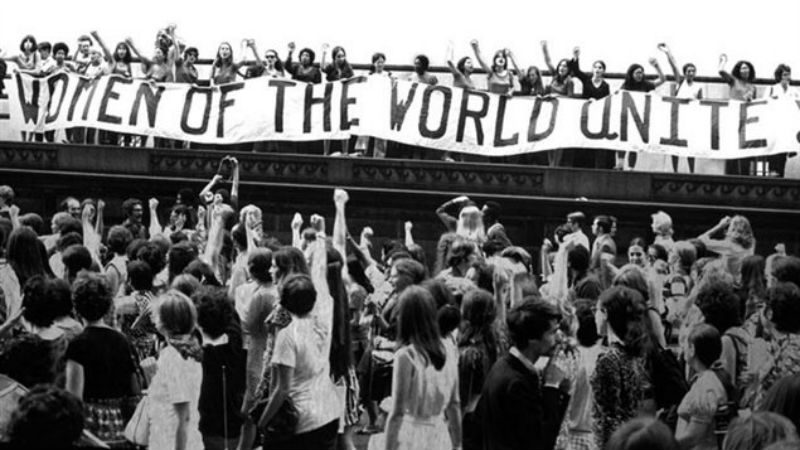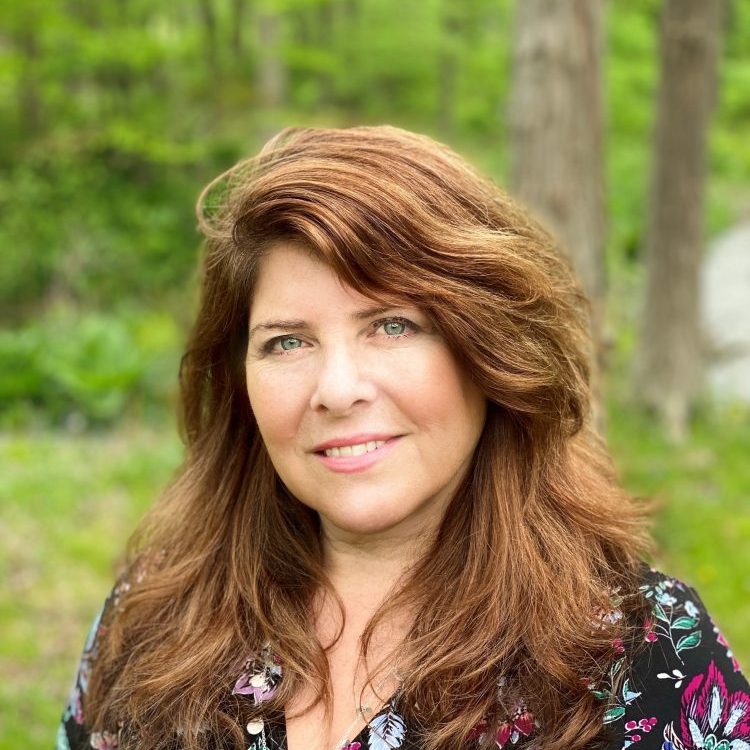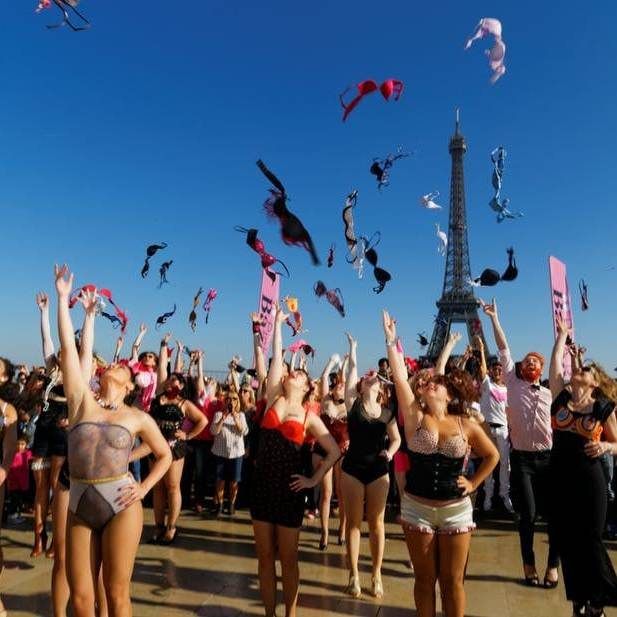
Why we all need to say it.
* Warning: Contains Sexual Assault Themes*
The F word isn’t said much in polite company.
Even Meryl Streep, the grande dame of Hollywood, winner of three Oscars and with more Academy Award nominations than anyone else in film history (19) refuses to say it. Even while Streep stars in the film Suffragette written, directed and produced by women in which she plays feminist suffragist Emmeline Pankhurst.
Because the F word is hard to say.
On Oct. 21 a UK appeals court freed a rapist who violently attacked a lesbian after a Halloween party, asserting they did not want to interfere with the man’s suspended sentence.
According to court documents, the 28 year old Portsmouth rapist (whose name has been kept confidential), attacked the lesbian victim (whose name is also being kept confidential)–his longtime friend–after viewing the film A Clockwork Orange. Court documents also show the man knew the lesbian had no interest in men and had known this for years, but raped her anyway.
The woman testified to severe trauma from the attack, but the Appeal Court judges handed down the Oct. 21 ruling that the rapist not be jailed because, in their words, the case is “exceptional.”
The case was originally sent to appeal because Attorney General, Jeremy Wright QC insisted the original sentence–a suspended two year prison sentence imposed at Portsmouth Crown Court in October 2014 “was unduly lenient.”
The panel of three judges agreed with Wright, but said it was “not in the public interest” that the sentence be increased, despite the “distress and trauma” of the lesbian victim who was described as “extremely vulnerable.”
The reason the Appeals Court gave for their decision was that the rapist suffers from anxiety and depression and “feels guilt” over the rape for which he “apologized.”
In the original court proceedings, the man asserted that after the Halloween party he stayed at his friend’s house as he often had, sharing the same bed as they often had. The man claimed that in the middle of the night “the obsessive part” of his personality took over him and “despite her struggles” he had “sexually assaulted” his lesbian friend.
The man himself confessed to police that he had raped his lesbian friend and that he “thought he needed help.”
The man pled guilty to the rape at Portsmouth Crown Court and was, inexplicably, given a suspended two-year jail term in October 2014, at which point the sentence was appealed.
The Appeals Court “agreed a suspended sentence was ‘unduly lenient’ –but said it would be wrong to lock him up now,” ruling it was “not in the public interest” to put him behind bars because “what he had done caused him distress and an enduring sense of guilt.’”
The Attorney General argued that the man should have been jailed.
The Appeals Court called the case “exceptionally sensitive and difficult. What sets this case apart is the distress the offender himself suffers from unwelcome thoughts, his feelings of guilt and fear of catastrophe, and his almost inevitable mental deterioration if required to serve a sentence of imprisonment.”
The Appeals Court added that while “For an offence as serious as rape, a suspended sentence order is, as the recorder acknowledged, almost unheard of,” they asserted that getting the man mental health help was sufficient.
The raped lesbian was said to be distraught over the verdict.
How is it possible a court could be more concerned over a rapist suffering from depression than a lesbian raped by that same man–who was his friend?
This case makes me say the F word. Because who will stand up for such victims, if not feminists? Who will stand up for raped lesbians if not lesbian feminists? Most mornings I turn on Twitter, spend an hour or so reading news and checking sites of other journalists I follow, and then get to work. One morning last year I saw a tweet that altered not just that day for me, but many others since.
The tweet was the usual 140 characters, but that brief read left my eyes stinging with tears.
The tweet was from Hibo Wardere, an activist in the UK and a Somali immigrant. As a small girl she was a victim of one of the most horrifying practices on the planet: female genital mutilation, commonly referred to as FGM.
Her tweet that morning was simple: It was a hard day. She was in pain. She was suffering. She felt, as she sometimes does, like life was too much. Like it would always be too much.
I reached out to her. I had no language to assuage her particular kind of suffering. I had only the language of feminism, the language of support for women in pain, for women who have been damaged by male violence against women.
I have been damaged by that same violence, just a different kind from Hibo. But like her, I have been an activist against that violence for years.
From that morning, we began talking to each other. Two women bonded by the violence done to us. Two women from widely disparate worlds. Two women fighting for a better world for all women and girls.
Hibo is a beautiful woman–her skin a deep brown, her kohl-rimmed eyes always sparkling. She wears colorful hijab and bright lipstick and she just exudes energy. Her voice is warm and inviting, which makes the story she tells as part of her work against FGM all the more harrowing as she describes her experience as a six-year-old girl, being taken to be mutilated.
Her colloquial conversation and the violent, stomach-churning images she invokes are the very definition of cognitive dissonance. And yet she has to describe them because, as she says, if she doesn’t, no one will understand the breadth of the violence.
This is a woman determined to change the world.
Oct. 21 was Hibo’s birthday. Unsurprisingly she is a Libra–the astrological sign of balance and helping. You don’t have to believe in astrology to find the coincidence in this. This was her birthday wish:
#nofgm its my birthday today my wish is to see in my life time the eradication of fgm it’s also my wish that all the abuses cease
— hibo wardere (@HiboWardere) October 21, 2015
Hibo Wardere is a reason we have to say the F word–feminism. Every day she is leading the feminist charge against FGM. Every day I see her work and the work of other women, other feminists, I know feminism is the only political movement in the world that is saving lives, not taking them.
Because little girls like Hibo was are still being taken off the streets to be cut, because summer is actually known as “the cutting season,” because parents everywhere send their daughters back to the countries from whence they emigrated to be cut, because girls in those countries are being held down even as I write this, even as you read it.
#nofgm,its horrific cultural practice that leaves you with emptiness,unloved, unworthy, just shell of a human and thats is how u you feel
— hibo wardere (@HiboWardere) October 16, 2015
I first heard of FGM when I was in college. A global tribunal on crimes against women was being held. FGM was one of those crimes.
Years later, as a journalist in London, I interviewed a Somali woman doctor who had herself been a victim of FGM. She introduced me to other victims, including one whose family had had her mutilated right there, in London, in the family flat, the music turned up loud to drown out her screams.
A scandal had just broken. I had watched it on the evening news with one of my then-partner’s flatmates. FGM was being done in London. Every day. Everywhere. By doctors. By families. In Thatcher’s England. On Harley Street and in Brixton.
Fast forward more than 25 years and there is Hibo, one of many activists against FGM in the UK, but there is a new scandal and it is revealed that FGM is still happening in the UK, so many years after I reported on it for the first time.
We need the F word for Hibo. Because only feminism can stop this.
We also need the F word for Abyan.
Abyan is 23. A Somali refugee. She might be a lesbian, she might not be. She is, however, a rape victim. And she is pregnant by her rapist. The Australian government is holding her hostage on Nauru at the detention center there where refugees applying for asylum to Australia are held.
Nauru is a tiny island and one of the smallest nations in the world, second only to Monaco. Nauru also has an agreement with Australia to house refugees as they await news of whether they have been granted asylum.
Like all detention centers where female refugees are held indefinitely, like Yarl’s Wood in the UK, rape is a constant and women, regardless of their sexual orientation, are all at risk. Abyan is not the first asylum seeker to be raped at Nauru. She’s just the most recent to request an abortion.
Abortion is illegal in Nauru where having an abortion is punishable by imprisonment.
In 2015.
This is why we need feminism. Because women must have control over their own bodies. Because rape impacts millions of women every year.
Van Badham, one of Australia’s finest writers and feminists, contacted me about Abyan the morning the Australian government flew her out of Australia and back to Nauru, a distance of 4,496km or 2,794 miles. Badham was outraged. The story she told me was terrible.
Abyan had been brought first to Brisbane, then to Sydney to see a doctor at the Villawood detention center. There was an injunction. She was supposed to get the abortion she’d requested.
But she felt sick. There was no interpreter. There was no doctor. There was a nurse, but no counselor. Abyan speaks some English, but not enough to understand what she was being told. How urgent the issue was for her.
Her attorney, George Newhouse, was not present. No one told Abyan she had to have the abortion then, or she would never get it. No one counseled her on what it would mean for her body then and in the future.
No one gave her choices. She was treated like a prisoner and returned to Nauru, flown out an hour after her attorney filed an injunction to keep her in Australia for medical care and counseling.
Badham asked me to tell her story–to help get it out beyond Australia. That’s the power of feminism. That’s why we need it so desperately. Because women can reach out to each other from literally the other side of the world, a full day’s difference in time, and connect to try and save the lives of other women.
I contacted the Australian PM, Malcolm Turnbull and Peter Dutton, the Immigration Minister. Like other reporters, I was informed that Abyan had refused an abortion, but that she could be returned to Villawood at any time for the procedure if she chose.
Abyan tells a quite different story. Through her attorney, Newhouse, Abyan said she “never saw a doctor [in Australia]” and “I never said that I did not want a termination. I saw a nurse at the clinic, but there was no counseling.”
Australia has been under fire for its brutal treatment of refugees, particularly women. Australia is currently negotiating for a seat on the United Nations Human Rights Council, but Abyan’s case and that of other refugee women at Nauru who have reported being raped is under review.
Police have not arrested anyone in Abyan’s rape and police have been accused of being lax in investigating rapes perpetrated on refugee women.
Dutton appears to be the villain in Abyan’s case and that of other women refugees. A hardliner on refugees in general, he has argued that women are being sent to Australia regularly from Nauru, and that their attorneys then “trick” the government into injunctions to prevent their return to Nauru and the hellhole detention center there.
According to Dutton there have been several hundred such cases.
If that is true, then that’s a problem Australia needs to address. Because the total population of Nauru is barely 10,000 people. If several hundred female refugees are in need of medical care so urgent they must be flown 2,794 miles from Nauru to Sydney (almost the exact distance as the flight from New York City to Los Angeles, which is 2,790 miles), then perhaps the Australian government should re-think detaining people on Nauru.
Abyan is still waiting to be taken back to Australia. Abyan is still waiting for a termination of the pregnancy forced on her by rape. Abyan’s rapist is still free to rape other women, vulnerable, like her.
Nobel Peace Prize winner, Malala Yousafzai, now 18 and not afraid of the F word, said, “We cannot all succeed when half of us are held back.”
Black lesbian radical feminist Audre Lorde said, “I am not free while any woman is unfree, even when her shackles are very different from my own.”
Our shackles may be very different from the women and girls Hibo is fighting for or the women of Nauru detention center. But they are still there.
Lesbians and other women still face demonstrable discrimination based solely on our sex, we are still subject to harrowing violence, even from our friends, like the lesbian who threw the Halloween party, and when we seek redress, we are told, again, we are less.
Say the F word. Spread the F word. If you are female, you need the F word.
The fact is, we all do.




